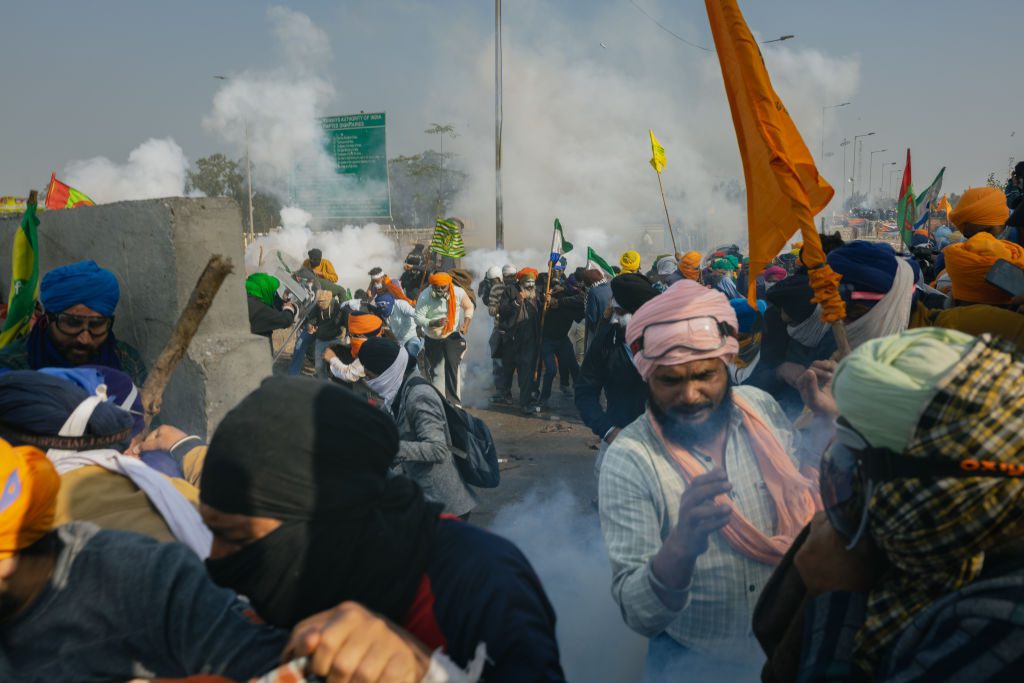Responding to the death of the 22- year-old farmer Shubhkaran Singh during the ‘Dilli Chalo’ Farmers’ march, Aakar Patel, chair of board at Amnesty International India, said:
“The death of Shubhkaran Singh occurred amid a ruthless crackdown by the state authorities on the farmers protests in India. Authorities must carry out a prompt, effective, thorough, independent and impartial investigation into the cause and circumstances of the death of the protestor, and ensure the suspected perpetrators are brought to justice through fair trials without recourse to death penalty.
“With more protests planned for the coming days, authorities must do all in their power to ensure that people can peacefully voice their concerns, without fear of injury or death. The Government of India must respect, protect and facilitate the right to freedom of peaceful assembly in line with its international human rights obligations.
“The price of protest must not be death.”
Indian authorities must do all in their power to ensure that people can peacefully voice their concerns, without fear of injury or death.
Aakar Patel, chair of board at Amnesty International India
Background:
Farmer Shubh Karan Singh’s death on 21 February 2024 at the border of Punjab and Haryana is the first since the protests began on 13 February. As per media reports, the cause of death was a bullet wound to the head as shared by medical superintendent of Patiala based Rajindra Hospital. The postmortem report is awaited.
At least 13 more people were being treated for injuries and as per statement from the police, approximately 12 police were also injured in clashes with the protestors.
Over 200 farmers’ unions are participating in the ‘Dilli Chalo’ march raising twelve demands including the legal guarantee of minimum support price (MSP) for all crops which the Government had promised in 2021.
Previously, Amnesty International has raised concerns on the increasing threat to the right to peaceful protest due to excessive use of force, blanket bans, internet shutdowns and arbitrary arrests of protestors in the Farmers’ march.


